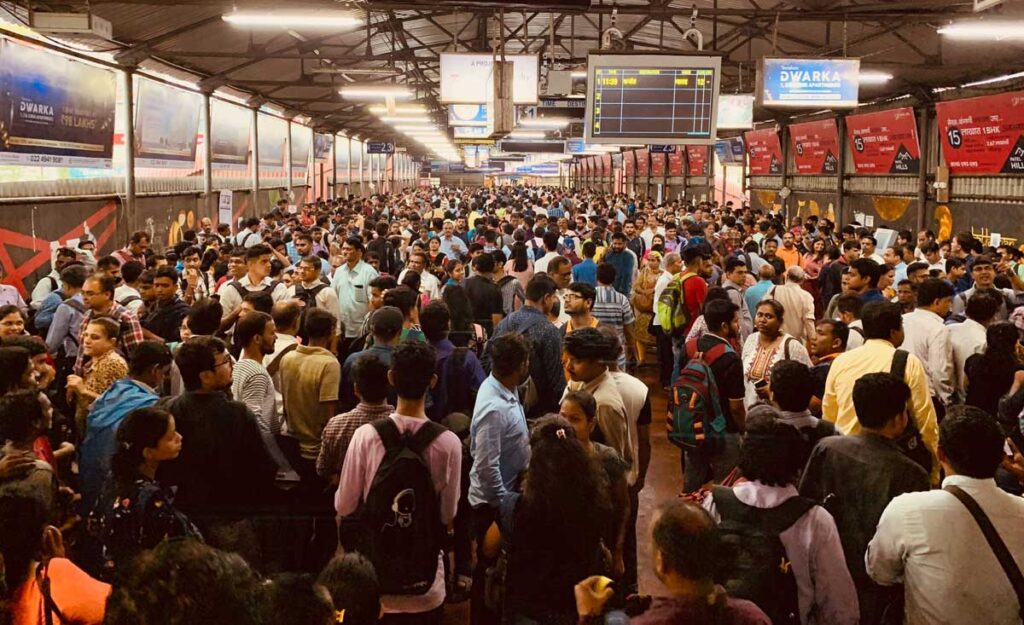The Turbulent Democratic Landscape of South Asia
An Overview of South Asia’s Democracy
Home to more than 1.8 billion inhabitants and a multitude of cultures, religions, and governance systems, South Asia has historically been recognized for its democratic principles despite facing numerous hurdles. The region boasts the world’s largest democracy in India while also housing emerging democracies like Bhutan. However, recent developments indicate a worrying trend of democratic regression marked by authoritarianism, escalating nationalism, the deterioration of civil liberties, and weakening democratic institutions across multiple nations. This article examines the roots of this alarming shift toward authoritarianism while providing examples that illuminate its extent and potential impact on both regional stability and global governance.
Defining Democratic Regression
Democratic regression involves the decline or complete undermining of democratically established institutions and practices often instigated by populist or authoritarian figures who manipulate their elected positions to diminish checks on power, suppress dissenting voices, and violate legal standards governing society. In South Asia, such trends have surfaced through restrictions on freedom of expression and verbal media; electoral manipulations; decreased judicial autonomy; as well as increasing vulnerabilities faced by minority groups.
1. India: Challenges to Democratic Stability
India was once celebrated as a paragon of democracy within developing regions but currently confronts significant threats to its democratic values under Prime Minister Narendra Modi’s leadership alongside his Bharatiya Janata Party (BJP). Critics assert that there has been an encroachment upon democratic institutions due to rising majoritarian ideologies rooted in Hindu nationalism that jeopardize India’s secular foundation.
An illustrative incident occurred with the introduction of the Citizenship Amendment Act (CAA) in 2019 which ignited protests nationwide due to perceptions that it unjustly favors non-Muslim refugees from neighbouring countries—an act interpreted as marginalizing Muslims who constitute around 14% of India’s populace. Additionally, policies surrounding the National Register for Citizens (NRC) raised alarms over potential disenfranchisement for Muslim individuals regarding citizenship rights.
The state’s infringement on journalistic freedoms further exemplifies these challenges; journalists opposed to government actions risk harassment or imprisonment—all reflective in India’s low ranking at 142nd place on the World Press Freedom Index released in 2020. Human rights defenders also fall prey to restrictive legislation such as the Unlawful Activities Prevention Act (UAPA), facilitating lengthy detentions without trial—the trajectory unveiling serious concerns regarding India’s commitment towards sustaining increasing sociocultural diversity within a robustly functioning democracy.
2. Pakistan: A Strained Experiment with Democracy
Democracy within Pakistan remains fragile amid frequent cycles marked by military interventions resulting in obstructed civilian governance pathways since independence epochs ago—culminating presently into political instability characterized by heightened civil-military discordances fueling discontent among citizenry components alike.
Unraveling Democracy: The Rising Backlash in South Asia
Understanding the Backlash Against Democracy
The notion of democracy in South Asia has faced burgeoning challenges over the past few years. Countries like India, Bangladesh, Pakistan, and Sri Lanka have experienced significant political shifts exacerbated by elements such as nationalism, authoritarianism, and social unrest. This section delves into the fundamental characteristics of this backlash.
Key Characteristics of the Backlash
- Authoritarian Tendencies: Many governments have increasingly adopted authoritarian measures, restricting opposition voices and suppressing freedom of speech.
- Nationalism: A surge in nationalist rhetoric has fostered an environment where minority rights are overlooked, leading to social polarization.
- Economic Disparities: Widespread poverty and unequal wealth distribution have fueled discontent with democratic frameworks.
- Manipulation of Media: Control over media outlets and the spread of misinformation create a distorted perception of political realities.
Casual Factors Contributing to the Backlash
Understanding the origins of this backlash is crucial in addressing it effectively. Several interrelated factors have driven this trend in South Asia:
1. Political Corruption
Corruption at various levels of government undermines public trust in democratic institutions. It leads to voter apathy and a longing for more autocratic leadership, as citizens believe authoritarian regimes promise stability.
2. Populist Leaders
The rise of populist figures who exploit societal grievances and promote divisive politics has destabilized established democratic norms. Leaders who favor nationalist agendas often gain substantial support.
3. Threats to Civil Liberties
Systematic violations of human rights and systemic oppression create an environment of fear, compelling individuals to seek security over freedom.
